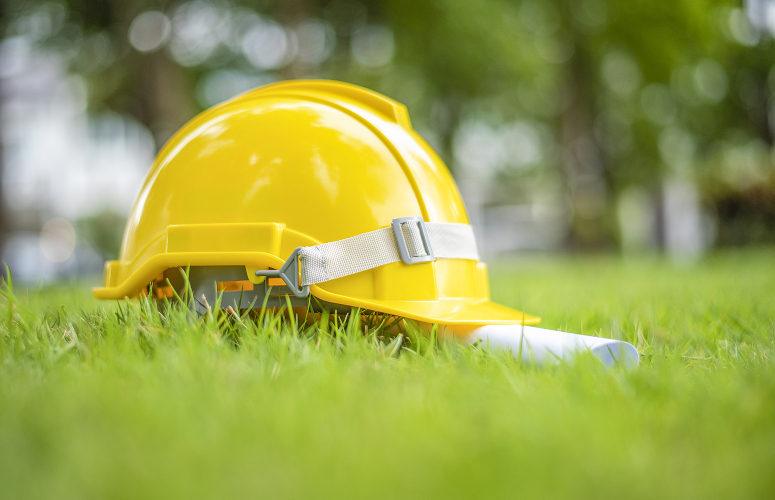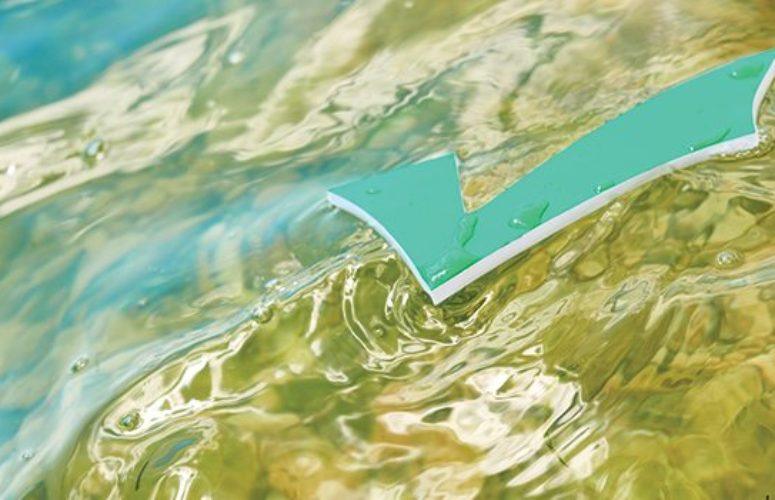[ad_1]

Environment
By Candace Baker, LSRP, Langan On Mar 21, 2022
If current trends continue, Licensed Site Remediation Professionals (LSRPs) will, in 2022, issue their 20,000th Response Action Outcome or RAO. This exciting milestone points to the success of the LSRP program.
Success was not a foregone conclusion in 2009 when the Site Remediation Reform Act (SRRA) was passed. However, legislators, regulators and environmental practitioners knew that New Jersey needed to try something new because environmental cleanups weren’t proceeding fast enough.
SRRA established a new paradigm where cleanups would be led by environmental practitioners licensed by New Jersey under NJDEP guidance. The NJDEP and LSRPs, striving for mutual trust, have spent the last 13 years working together to remediate sites.
As of September 2021, more than 11,000 LSRP-led cases have been closed and more than 17,000 final remediation documents (called RAOs) have been issued. An RAO is issued for a site or area of concern that has been remediated in accordance with NJDEP rules.
Our work is nowhere near being done, though. Many old legacy sites are nearing a remediation deadline in May. A number of these sites are technically difficult and expensive to remediate. LSRPs and the NJDEP will need to work even harder to find regulatory and technical solutions to bring these complex sites to closure.
However, cleanup of environmental pollution cannot be the only priority at our remediation sites. The administration of Gov. Phil Murphy, through NJDEP Commissioner Shawn LaTourette, has also prioritized environmental justice and climate change moving forward.
New Jersey’s Environmental Justice Law was signed on September 18, 2020, requiring the NJDEP to take into account the effects of certain types of facilities on overburdened communities.
Also, a Climate Change Resilience Strategy for New Jersey was released on October 12, 2021. Under this new strategy, climate change initiatives will need to be integrated into remediation projects.
20,000 RAOs is an important milestone, but it’s only a step along the way. The NJDEP and LSRPs will need to continue to work together to ensure that future environmental cleanups not only meet established rules and standards, but can withstand future climate change and the future needs of the community.
To access more business news, visit NJB News Now.
Related Articles:
[ad_2]
Source link




